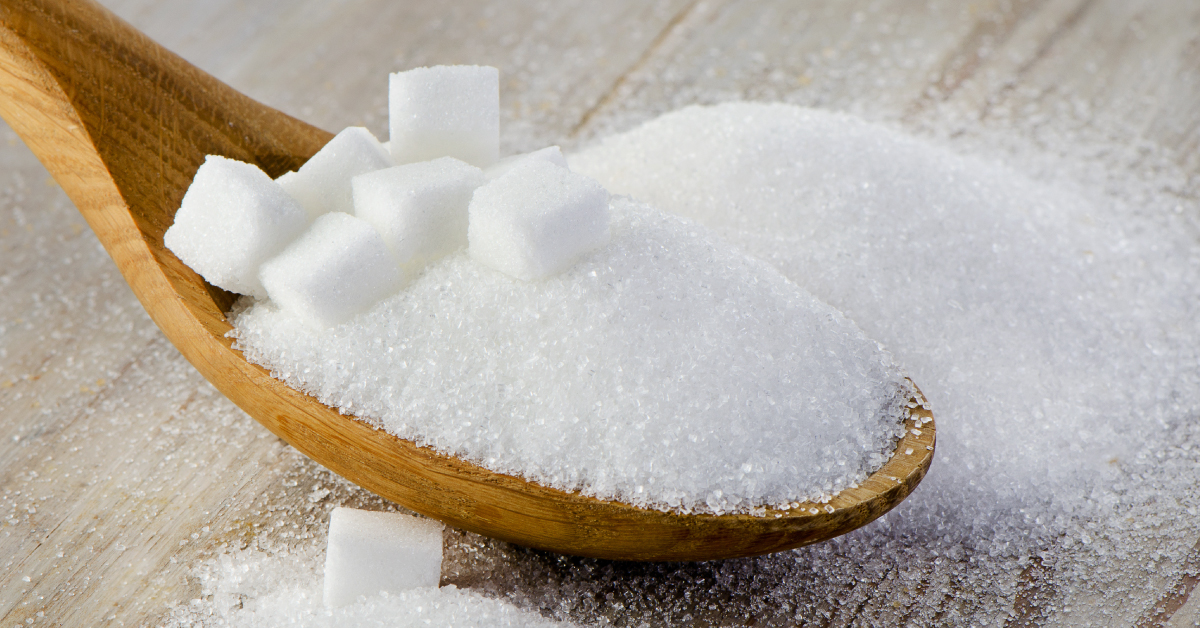The Dangers of Too Much Sugar

When it comes to our health, sugar has a bittersweet reputation. This sugar awareness week, your Corpus Christi ER would like to encourage you to learn about the dangers of too much sugar intake.
Eating whole foods that has natural sugar is okay. Dairy foods have calcium and protein, and plant foods have rich amounts of minerals, fiber, and antioxidants. Your body digests these natural foods slowly and provides a steady supply of energy throughout your body.
Consuming too much sugar
Problems arise when you eat high amounts of added sugar. This refers to sugar that food manufacturers add to their products to extend shelf life or boost flavor. Regular consumption of too much sugar can hurt our health in the long run. Too much sugar intake can increase your risk of developing chronic illness, such as diabetes, heart disease, Alzheimer’s, and certain types of cancer.
In the American diet, the main sources of added sugar are fruit drinks, soft drinks, cereals, flavored yogurts, candy, cakes, and processed foods. Added sugar is also present in bread, soups, ketchup, and curd meats.
Consuming too much sugar can increase chronic inflammation and raise blood pressure, both of which can lead to heart disease. It also contributes to weight gain by making your body turn off its system that controls the appetite, mainly because liquid calories are not as filling and satisfying as their solid counterparts. Yes, it’s easier for people to unconsciously add more calories into their everyday diet when drinking sugary drinks.
A sugar level imbalance in our body is a cause for concern. Come to your nearest Corpus Christi ER if you develop any of these symptoms:
Hyperglycemia – occurs when your blood sugar levels are too high.
Signs of hyperglycemia:
- Feeling hungrier than usual
- High glucose levels in the urine
- High blood sugar levels
- Increased thirst
- Tingling or numbness in your feet
Hypoglycemia – occurs when your blood glucose become too low.
Signs of hypoglycemia:
- Shakiness
- Extreme hunger
- Headache
- Extreme hunger
- Cold sweat
- Dizziness
- Blurred vision
- Loss of consciousness
Ketoacidosis or diabetic coma
Signs of ketoacidosis:
- Flushed or dry skin
- Shortness of breath
- Dry mouth
- Extreme thirst
- Nausea and vomiting
- Fatigue
- Rapid heartbeat
Everyone needs a little sweetness in their lives, but where we get our sugar matters. To avoid complications, tr to eat less refined sugars and focus more on consuming natural sugars found in whole foods, plant foods, and dairy foods.
If you feel that your blood sugar levels are out of balance, come to us. Physicians Premier is open 24/7, and we can manage all sugar-related illnesses.


